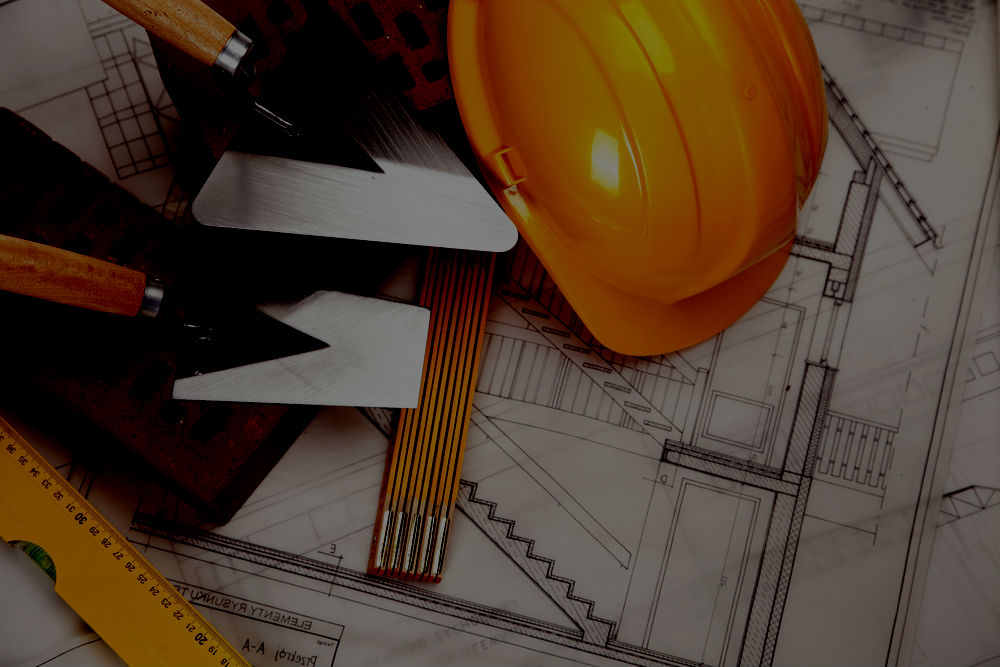The impact the coronavirus has had on our lives and the economy cannot even be fully understood just yet. But, when it comes to the commercial construction industry, there’s optimism among contractors. According to the U.S. Chamber of Commerce Commercial Construction Index, confidence in new business and revenue expectations increased from Q2 to Q3 in 2020. At the time of this writing, Q4 results have not been released yet. Unfortunately, those increases in Q3 were offset by a less than stellar third indicator – a declining backlog.
It’s the loss of new projects and revenue that’s been the biggest pandemic blow to the commercial construction industry. At the start of the stay-at-home orders, many projects had to shut down entirely. Some were merely postponed until a return to work was deemed safe. Others were canceled altogether. The delays due to the coronavirus outbreak were significant and costly to all parties. Thankfully, as 2020 closed out, the average amount and timeframe of such delays had significantly decreased.
Still, 82% of commercial construction contractors surveyed stated they were moderate to highly confident that the market will rebound to produce revenue opportunities for them. Most contractors seem to project positive optimism that commercial construction will pick up as part of a broader post-COVID economic recovery. They figure construction projects will pick up as industries like retail/restaurants, hospitality, travel, and entertainment rebound. They are also anticipating tenant remodeling/renovation projects to accommodate ongoing COVID-19 safety regulations and requirements to better protect customers, patrons, staff, etc.
Contractors also aren’t looking to lay off workers in the months ahead. However with job growth on the horizon, the challenge now is finding skilled workers to staff these new projects. Even prior to COVID-19, many experienced construction workers hadn’t returned to the industry following the recession. Others had long retired.
The construction industry as a whole hasn’t done a very good job at attracting new younger workers compared to industries like tech, healthcare, etc. Additionally, stricter border patrol made it more of a risk for experienced laborers from Mexico to risk entering the U.S. for short duration jobs.
Untrained workers are a safety risk at job sites and inexperienced project managers can bring about costly project delays or produce shoddy work lacking quality of workmanship.
There were a few other findings of note from this particular survey of contractors. First, most commercial construction companies are admirably most concerned about overall worker health and safety than anything else. Practically all commercial construction contractors surveyed provide items like masks and sanitizer and also promote social distancing at job sites
Concern about project delays comes second. The rising cost of materials and a wood and/or lumber shortage are additional concerns.
This research was developed with Dodge Data & Analytics (DD&A) – a top provider of data and insights to the construction industry. Commercial and institutional contractors were surveyed.

